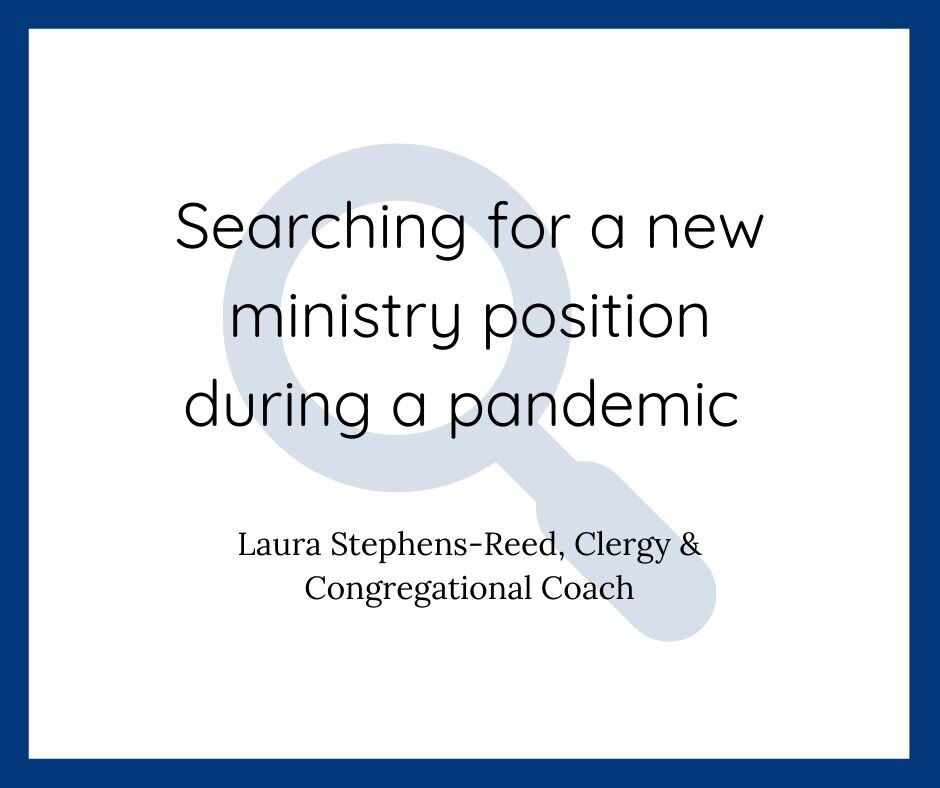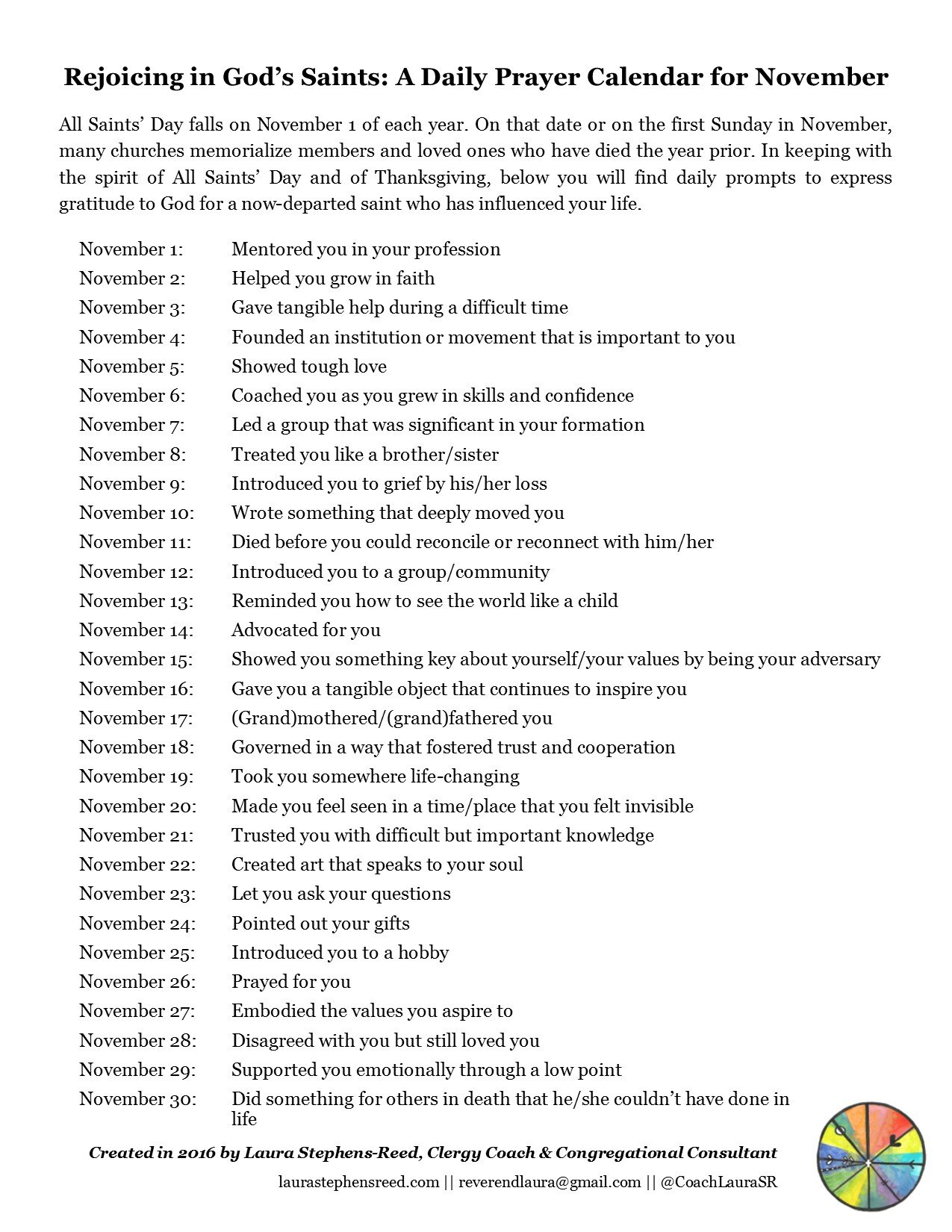Guess what? It’s my ordiversary! Eighteen years ago today I was ordained to the Christian ministry by the saints at Oakhurst Baptist Church in Decatur, Georgia. In many ways that occasion feels like a lifetime ago. Since then my vocational journey has taken me through a range of roles, congregations, and even denominations. I am grateful for all of the experiences - even the ones you couldn’t pay me to repeat - that have brought me to the ways in which I now serve as a coach to clergy and congregations. In my coaching I use everything I’ve learned and all the strengths I’ve uncovered and honed.
And so I am choosing to celebrate my ordiversary by releasing my first-ever ebook, which is a guide for churches and leaders on how to dream, discern, and plan out of all that they have to be grateful for. Planning in the Small Church: Focusing on Gifts to Fulfill God’s Call is a quick, practical, and inexpensive (at $2.99) read that draws out all of the individual and collective, tangible and intangible gifts of a congregation and community in order to notice where God is at work and how God might be extending new invitations. The ebook starts with the formation of a team to help the church tell stories and gather data and goes all the way through the first steps in implementing new initiatives. Each step is grounded in worship and best practices.
Planning in the Small Church was written with congregations that have one clergyperson - whether that person is the sole staff member or supervises some part-time employees - in mind. That’s because I believe spiritually rich, deeply creative ministry is possible in those contexts, but there’s no budget (and often no need) for a consultant to come in and lead a visioning process. It’s also because smaller congregations can have a hard time refocusing from what they don’t have to all that they do, largely due to our misguided cultural and denominational defaults that bigger, that more, is better.
I am grateful for my calling. I am thankful for the call extended to you and your congregation as well. I hope Planning in the Small Church will help you celebrate your gifts, train you to notice God glimmers, and enable you to live out of abundance, hope, and joy.














